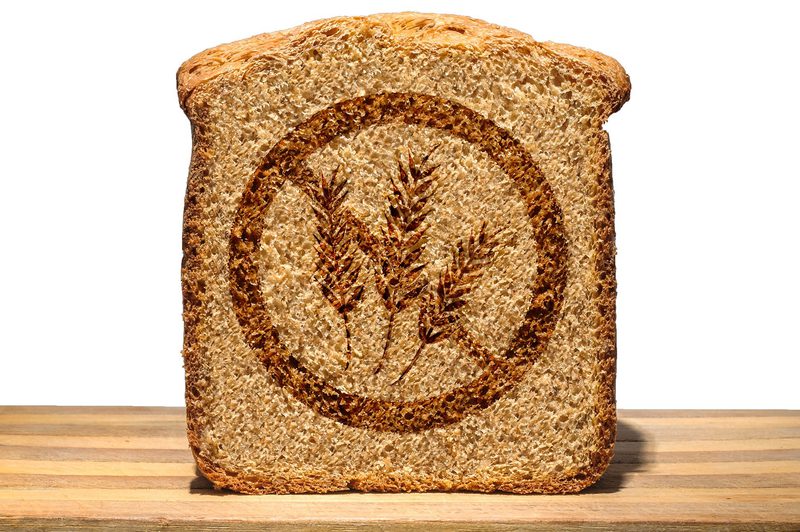
Posted on: March 28, 2017
NHS England to issue new guidance on low value prescription items
Today Simon Stevens, Chief Executive of NHS England, has announced there will be a review of low value prescription items from April 2017, introducing new guidance for CCGs.
The statement released today states “NHS England will work with clinicians and clinical commissioning groups to develop guidelines initially around a set of 10 medicines which are ineffective, unnecessary, inappropriate for prescription on the NHS, or indeed unsafe, and that together cost the NHS £128m per year.”
Coeliac disease is a serious lifelong autoimmune condition where the consumption of gluten (found in wheat, barley and rye) triggers the immune system to react and damage the lining of the small intestine. The only treatment is a gluten-free diet. BSNA represents manufacturers who produce gluten-free foods which are available on prescription for patients with coeliac disease.
It is difficult to understand why gluten-free foods are included in the review. They are approved by the Advisory Committee on Borderline Substances guaranteeing that they are effective, necessary, safe and appropriate for prescription to coeliac patients. The prescription not only ensures availability and access, but also helps maintain adherence to a gluten-free diet.
There is clearly a clinical need to provide gluten-free food on prescription to help prevent long term serious illness that will be very expensive on the NHS and very damaging to patient health and wellbeing.
BSNA welcomes the opportunity to engage through this consultation and dismiss some of the myths around gluten-free prescribing. We are calling for a national framework that stops the current postcode lottery and provides consistency across the country ensuring all coeliac patients are adequately supported in managing their lifelong condition.
Coeliac UK has responded to this announcement by adding, “Gluten free prescribing protects vulnerable patients who must maintain a strict gluten free diet for the rest of their life if they are to avoid very serious complications such as osteoporosis, infertility and even a rare small bowel cancer. Access to prescriptions has been shown to help maintain the diet.”
For more information: contact Declan O’Brien, Director General, at [email protected] or 07889 487261